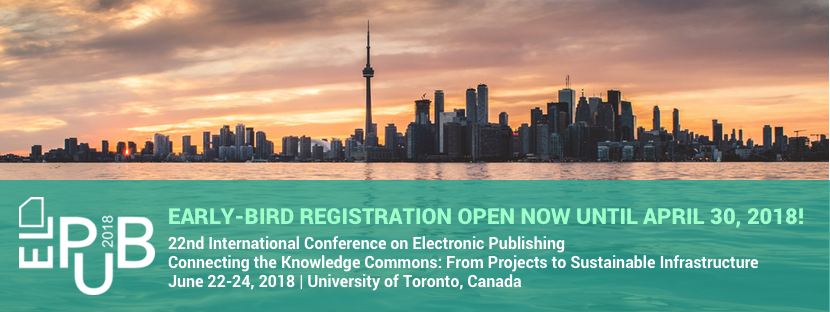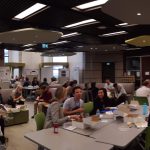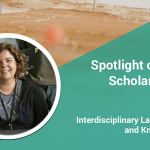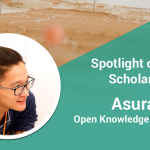
April 2018 E-Newsletter
Welcome to the fifth edition of the ELPUB 2018 Newsletter! We will use this forum to share the latest conference news, important date reminders, and interesting materials related to the theme of this year’s conference – Connecting the Knowledge Commons: From Projects to Sustainable Infrastructure.
In this issue, we are pleased to share some travel and accommodation discounts available to ELPUB delegates (details below). Preliminary programme information, including a high-level agenda at-a-glance, keynote speakers, and social events information is available on our website, and we will continue to update the programme as the schedule is finalized.
Accepted authors are providing their full paper submissions this week, our programme committee will be busy this month reviewing and providing feedback, and we will be working on the conference schedule. You can get a sneak peek of this year’s presentations in our latest blog post, 5+1 Reasons to Attend ELPUB. Please spread the word – this is the last month for early-bird registration!
We welcome your feedback, comments and questions, so don’t hesitate to get in touch by emailing elpub2018@utsc.utoronto.ca.
Best wishes,
The ELPUB Team
Important Dates
Mar 29 – Submission of full paper for final review
April 30 – Last day for early-bird registration
ELPUB News...
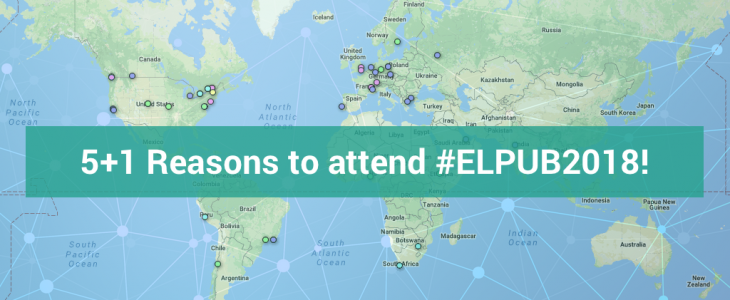
Get a sneak preview of some of the conference presentations and check out our interactive map in our latest blog post, 5+1 reasons to attend #ELPUB2018. Presentations will cover a diversity of topics in scholarly publishing such as economics of open access publishing, alternative publishing models, shared governance of research infrastructures, as well as understanding infrastructures and policies for open science, open data, open educational resources and digital humanities.

There is lots to see and do in Toronto in June, from the Pride Festival, to Luminato Arts Festival to the TD Jazz Festival, and we have put together a handy visitor guide on our website to help you make your plans. Be sure to book your travel and accommodations for ELPUB early to avoid disappointment!
Check out discounted accommodation rates we have for on-campus housing downtown at the University of Toronto. A wide variety of accommodation options are available, with varying services and amenities.
We’re also pleased to share that Air Canada is offering flight discounts to all ELPUB 2018 Conference delegates. Book your flights early and receive a 10% discount on eligible fares! Learn more on our website.
Further reading...
Each issue we will share some articles and commentary related to the theme of this year’s ELPUB Conference – Connecting the Knowledge Commons: From Projects to Sustainable Infrastructure. If you have any ideas for interesting content to share in the next issue, please send it to elpub2018@utsc.utoronto.ca!
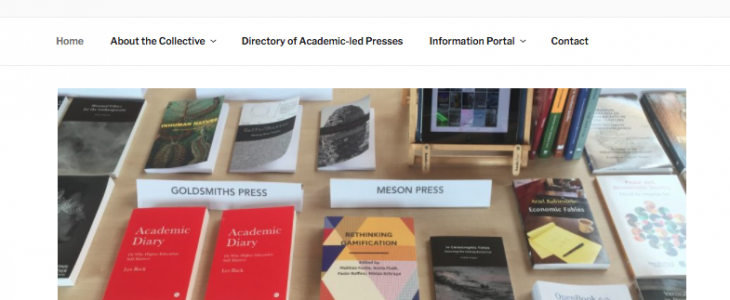
By Janneke Adema and Samuel A. Moore
The Radical Open Access Collective (ROAC) is a community of scholar-led, not-for-profit presses, journals and other open access (OA) projects. This article presents a case study of the collective, highlighting how it harnesses the strengths and organizational structures of not-for-profit, independent and scholar-led publishing communities by 1) further facilitating collective efforts through horizontal alliances, and by 2) enabling vertical forms of collaboration with other agencies and organizations within scholarly publishing. It provides a background to the origins of the ROAC, its members, its publishing models on display and its future plans, and highlights the importance of experimenting with and promoting new forms of communality in not-for-profit OA publishing.
Keynote Address by Herbert Van de Sompel
“During the 1-year sabbatical I just spent at DANS in The Netherlands, I have familiarized myself with the motivations, standards, and technologies associated with the Decentralized Web movement, especially those that leverage the HTTP protocol stack. During this exercise, I have also explored whether and how these novel approaches could be used as a foundation for a global scholarly commons, and what a minimally viable platform could be. I have closely followed, and at times collaborated with, early career researchers that do pioneering work in this realm. My investigations have led me to believe that – technically – decentralized web approaches can be applied to arrive at a researcher-centric and institution-enabled system in which the core functions of scholarly communication (registration, awareness, certification, archiving) can appropriately be fulfilled.”

